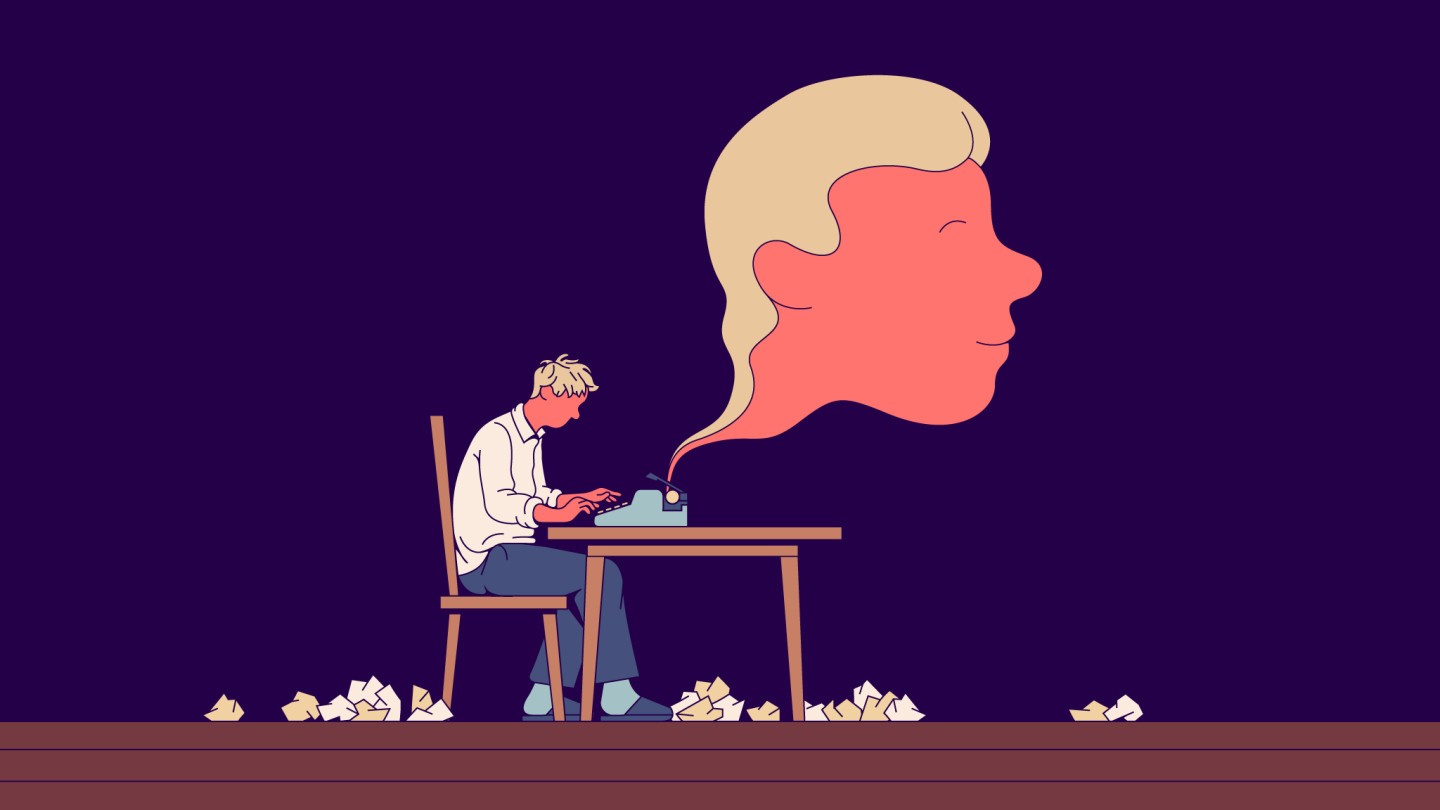Did I mention I’ve got a book coming out?

Simply sign up to the Life & Arts myFT Digest -- delivered directly to your inbox.
When the pandemic began, I essentially locked myself in a room and wrote books. I’ve published two in 2021, with another due in spring. Plunging back into the world of publishing, and the mystery of what people read, I am marvelling at how much has changed.
In the old days, most books had brief lives before going out of print. As a teenager in the 1980s I had sometimes worked in bookshops. When customers made arcane requests, we’d haul out a large red volume called Books in Print. Any title not in it was effectively dead.
My first book appeared in June 1994, a month before an ex-Wall Streeter incorporated his internet start-up, Cadabra. After a lawyer misheard that as “Cadaver”, Jeff Bezos renamed the company Amazon.com. So back in 1994, books were still bought in bookshops and promoted chiefly by reviews in paper publications. My first book got dozens of reviews. The Manchester Evening News accidentally reviewed it twice. My publishers even flew me to Leeds and Edinburgh on a mini-book tour. The expense undoubtedly outweighed copies flogged, but they were showing me they cared.
Everything is different now. Few of today’s shrunken news publications still run books pages. Many books get zero reviews. The pandemic closed literary festivals (which will return), ended author tours (most of which won’t) and completed the conversion of writers into unpaid self-promoters. The New Yorker magazine once ran a skit about a desperate author offering readers her phone number and home address: “In fact, if you drop by and I’m not home? Sleep with my husband.” It was a parody, I think, but we’re all seeking a response to our books that’s the tiniest bit commensurate with the energy we put in.
Promotion on social media favours journalists, who tend to have lots of followers, including other journalists. Publishers sometimes even give book contracts to people with lots of Twitter followers. “Which is perhaps not the way it should be,” says a journalist-author friend with lots of Twitter followers. The rise of the podcast helps authors, but everyone and their dog now has one and sometimes the listenership consists of the podcaster’s mother.
In 1994, you’d see advertising posters for books at train stations — mostly designed to show booksellers that the publisher was backing said book. Now publishers buy ads on Facebook. If you are plugging a biography of a double agent, you might target Facebook users who have posted about other double agents. One publisher told me that Amazon inserts clauses into his contracts requiring him to advertise on its site.
Google matters too. Most titles nowadays are chosen for search engine optimisation. If War and Peace appeared today, someone at the publishers might insist on renaming it Dating Hot Russian Women.
Much authorial time is spent begging blurbs from celebrities. After all, a potential reader might give three seconds’ attention to a new book, taking in title, jacket, obscure author’s name, and reassuringly famous person’s blurb.
Even before the pandemic shut most bookshops, Amazon accounted for nearly half of all new book sales in the US. Yet physical stores remain essential to bookselling. Readers typically visit Amazon to find specific and often older titles. But in a local bookshop, especially an independent, people are open to being swayed by book-loving staff who display favourite new titles in the window and press them on customers. A friend in publishing says the Vietnamese-American writer Ocean Vuong owed his success partly to what she lovingly called “the indies”.
Then there’s the rest of the world. Like all wannabe entrepreneurs, authors are forever enticed by the Chinese market. I once asked a Beijing colleague about my chances of selling Chinese translation rights to my first book. “You won’t,” he said. “There’ve been several pirated translations of it already.” Later, after China became a fairly well-behaved international citizen, a book I co-authored in 2009 was translated into both simplified and complex Chinese. But this March, our Chinese publishers emailed with a request: for a new edition, could they cut all geopolitical bits, including even references to Spain’s Franco dictatorship? My co-author said we had to say no.
“No man but a blockhead ever wrote, except for money,” said Dr Johnson. Yet we blockheads keep writing, even with Amazon extracting massive discounts from publishers and selling our works second-hand for pennies. From 2007 to 2017 American authors’ median income dropped by more than half to $6,080. That’s in the world’s biggest book market, includes earnings from sidelines such as speaking, and excludes the one in four published writers whose total book income in 2017 was $0.
I’ll keep at it regardless. If you write, a book is the highest expression of yourself. It will probably outlive you on Amazon. A book is an end in itself.
Follow Simon on Twitter @KuperSimon and email him at simon.kuper@ft.com
Follow @FTMag on Twitter to find out about our latest stories first
Comments